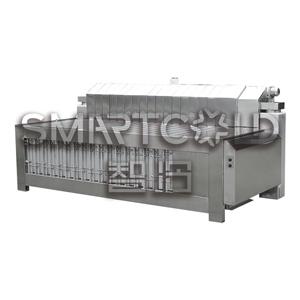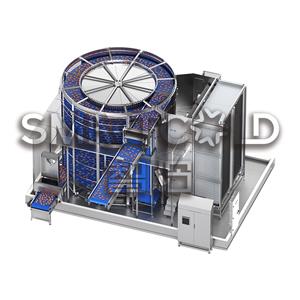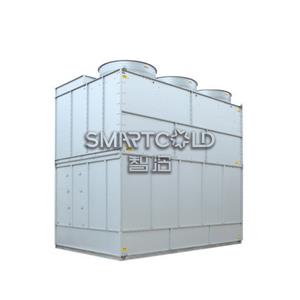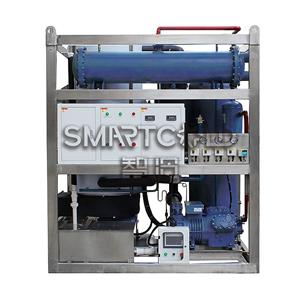Marine Reciprocating Compressor Unit&Marine Screw Compressor Unit
Marine compressors are essential components in the operation of ships and vessels. Reciprocating and screw compressor units are two types of compressors that are commonly used in marine applications. In this article, we will discuss the differences between Marine Reciprocating Compressor Units and Marine Screw Compressor Units.
1、Marine Reciprocating Compressor Units:

Marine reciprocating compressors are known for their high efficiency and durability. These units operate on a piston and cylinder design, working similar to the engine in a vehicle. They have a lower upfront cost and are generally easier to maintain than screw compressors. Reciprocating compressors can handle high pressure and deliver consistent performance over a wide range of operating conditions.
However, reciprocating compressors require more oil, which is a disadvantage in marine applications, where oil leaks can cause pollution and other environmental concerns. Additionally, they produce more noise and vibration, which can be an issue on board a ship.
2、Marine Screw Compressor Units:

Marine screw compressors are known for their high oil-free performance and smooth operation. They use two helical rotors that work together to compress air or gas. Screw compressors are quieter and produce less vibration than reciprocating compressors because they do not have valves. Screw compressors also have a higher compression ratio than reciprocating compressors and can operate at a lower temperature, which helps to reduce the risk of overheating.
However, screw compressors have a higher upfront cost, and maintenance costs are also higher due to the complexity of the design. They are not as efficient at high pressures, making them less suitable for certain types of marine applications.
Conclusion:
In summary, both Marine Reciprocating Compressor Units and Marine Screw Compressor Units have their advantages and disadvantages. Reciprocating compressors are more cost-effective and deliver consistent performance over a wide range of operating conditions. Screw compressors, on the other hand, offer higher oil-free performance, lower noise and vibration, and are more suitable for certain types of marine applications. It is important to consider the specific needs of a marine application when choosing between the two types of compressors.




